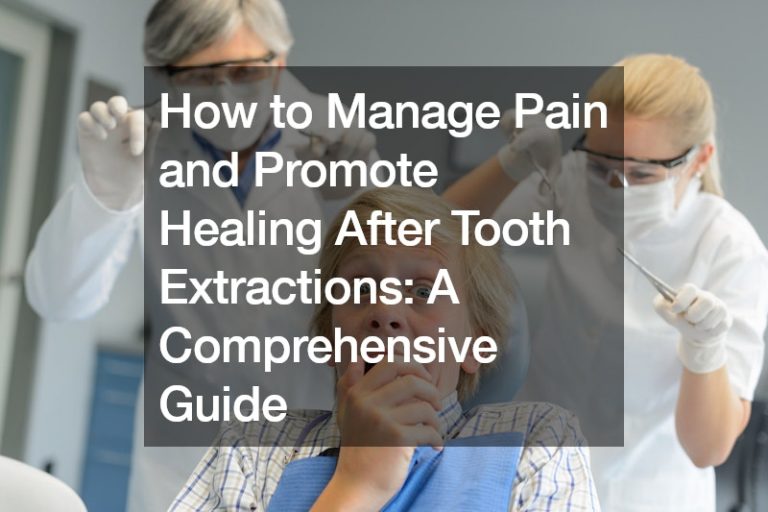

Our teeth are so crucial to our well being and quality of life. We may think it’s not that big of a deal to brush and floss every day but preventing cavities and gum disease and potential tooth decay or even loss begins with a good brushing every day. Brushing, flossing, minimizing sugar and generally eating right will go a long way to keeping our natural teeth intact. Around 96% of people think a healthy smile is one of the most appealing features of a person so let’s keep up on those teeth!
Sometimes, whether we take care of our teeth or not, an emergency dental service is need for one reason or another. Let’s look at some of the most common types of dental surgery.
Impacted Wisdom Teeth Wisdom Teeth are usually the last to grow in and often times there are complications. Wisdom tooth extractions are often necessary because either the teeth don’t erupt as they should or they are not properly aligned; basically, they don’t fit in the mouth. However, if left they can begin to affect the health of the surrounding teeth so they must be removed.
Dental Implants When there has been tooth loss, a metal post can be inserted into the jaw which will eventually fuse with the tissue and bone over a period of time. On top of that, an artificial tooth, also known as a crown can be placed. An implant is definitely a long term solution as the metal post provides a very stable foundation.
Biopsies Whenever someone has a lump or a lesion show up in the mouth, samples of the tissue must be taken from the area to check for oral cancer. Although a biopsy is not technically oral surgery or an emergency dental service, it is still one of the most common oral procedures.
Jaw Surgery Misaligned jaws can cause issues with appearance and also function. Surgery is usually needed in order to correct a jaw that has been misaligned either since birth or due to injury.
Reconstructive Surgery Teeth can be knocked out and facial injuries can also harm the jawbone making day to day functions like eating and talking almost unbearable. Reconstructive surgery can often be classed as an emergency dental service if the injury caused enough damage.
Remember to visit your dentist every 6 months for a check up even if nothing out of the ordinary has happened. Keeping up on your oral hygiene is key to being able to avoid surgery. Of course, at times it is inevitable but being dedicated will benefit you greatly in either not having to have surgery or aiding a quicker recovery afterwards. Learn more about this topic here.


